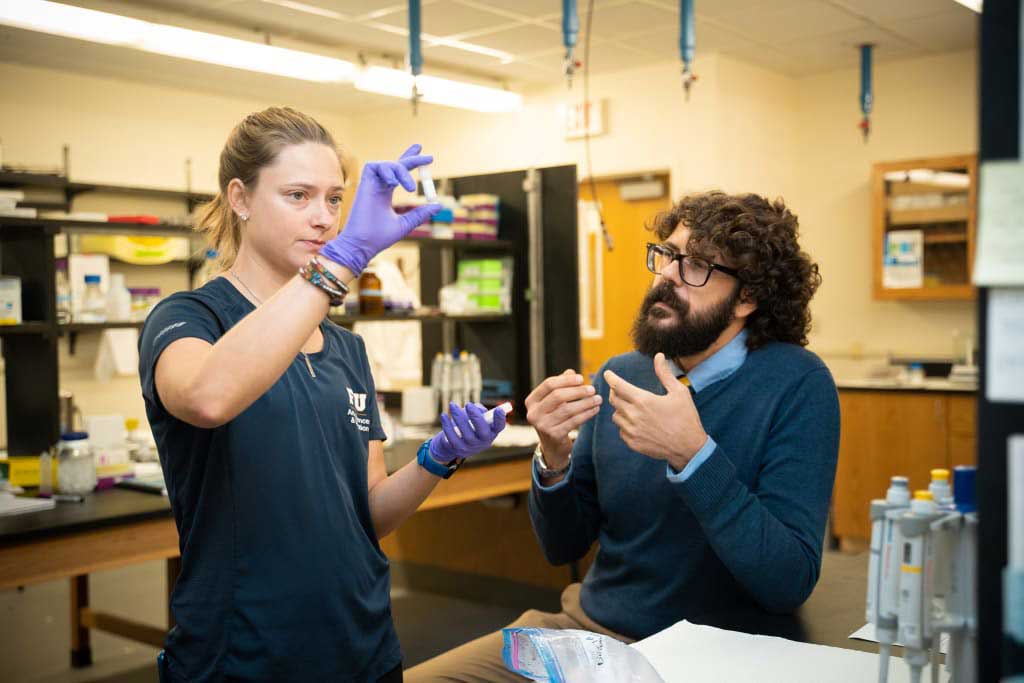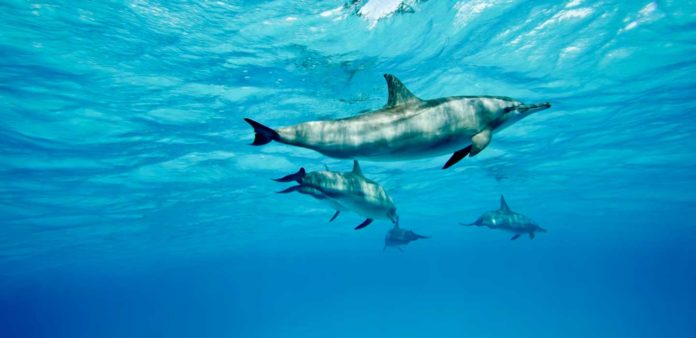It’s quite challenging to tell the age of dolphins. Several methods exist, but they often involve invasive sampling methods.
In a new study, FIU scientists created and developed a tool to determine dolphin’s age through a small skin sample. The method named ‘Bottlenose Dolphin Epigenetic Age Estimation Tool — or BEAT’ is less invasive than previous complicated methods.
Through this study, scientists investigated the association between epigenetic modifications and chronological age in small cetaceans.
Scientists used epigenetic markers to figure out the age of common bottlenose dolphins. They collected about 50 DNA samples from dolphins at the Mote Marine Laboratory in Sarasota, Fla. that had known ages so that the team could search for epigenetic markers associated with the aging process. They found two specific genes — and corresponding marks on those genes — that allowed them to pinpoint the age of the dolphins.

Eirin-Lopez, who oversees FIU’s Environmental Epigenetics Lab said, “Epigenetics is a rapidly growing field of science that explores how living organisms interact and respond to their environment.”
“If there are a lot of older individuals, it will impact the population and their chance for survival. At the same time, if there are a lot of young individuals, they are more susceptible to predators. A more even distribution of different ages means the population will be more effective.”
Jeremy Kiszka, a marine biologist, said, “This is exciting for us. With a simple biopsy, I can have something that I have needed for years in my research to understand better how a dolphin’s diet changes with age and how age affects pollutant levels in their tissue.”
Scientists are planning to implement BEAT in Naples, Fla. with a population of dolphins with unknown ages. They are also exploring how to expand this testing process to other marine mammals.
Ph.D. student Andria Beal said, “I’m currently working on a proposal to get the funding to do this work with sharks. It’s going to be a huge undertaking and more exploratory, and we’re going to essentially start the process from scratch because we don’t know what genes correlate with age and don’t have a reference point.”
The research, which was published in Frontiers in Marine Science, is supported by grants from the National Science Foundation.
